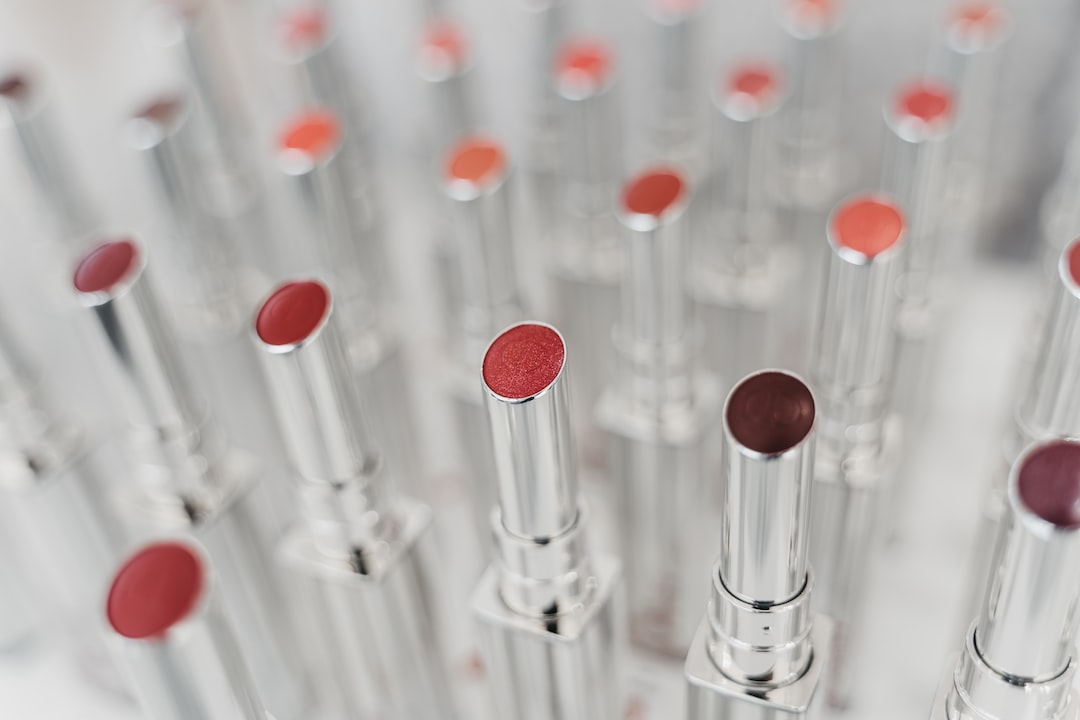The impact of diet and hydration on your skin’s appearance
When it comes to achieving glowing, healthy-looking skin, we often turn to various skincare products and treatments. However, what many people overlook is the significant impact that diet and hydration have on their skin’s overall appearance. What we put into our bodies can have a profound effect on how our skin looks and feels. In this blog post, we will explore the relationship between diet, hydration, and our skin’s health.
Let’s start with diet. The old saying, “You are what you eat,” holds some truth when it comes to our skin. The foods we consume can either nourish and enhance our skin or contribute to various skin issues. One of the most crucial dietary factors to consider is the consumption of antioxidants. Antioxidants help protect our skin from free radicals, which are damaging molecules that can cause premature aging and various skin problems.
Fruits and vegetables are rich in antioxidants, making them the perfect addition to any diet aiming to improve skin health. Blueberries, kale, spinach, oranges, and tomatoes are just a few examples of antioxidant-rich foods that can boost your skin’s appearance. Additionally, incorporating foods high in omega-3 fatty acids, such as fatty fish like salmon or chia seeds, can help reduce inflammation in the skin and promote a healthy and youthful appearance.
On the other hand, certain foods should be minimized or avoided altogether if you’re looking to maintain healthy skin. Refined sugars and carbohydrates, such as sugary snacks and processed foods, can cause inflammation and break down collagen, leading to wrinkles and a dull complexion. It’s also essential to keep a watchful eye on dairy consumption, as it has been linked to acne and skin inflammation in some individuals.
In addition to a nutrient-rich diet, proper hydration is key to maintaining healthy skin. Water is essential for keeping our skin hydrated, as it helps flush out toxins and supports cell regeneration. Dehydration can lead to dryness, irritation, and premature aging of the skin. Therefore, it’s crucial to stay adequately hydrated throughout the day.
While the recommended daily water intake varies based on individual needs, a general guideline is to aim for at least eight glasses (64 ounces) of water per day. However, factors such as physical activity, climate, and overall health can influence the optimal amount of water needed. If plain water becomes boring, you can add a slice of lemon or infuse it with fruits like strawberries or cucumber for added flavor.
Furthermore, apart from water, herbal teas can also contribute to hydration and provide additional skin benefits. For example, green tea is packed with antioxidants that offer protective effects against sun damage and reduce the signs of aging. Chamomile tea, with its soothing properties, can calm irritated skin and help with inflammatory skin conditions such as eczema or rosacea.
While diet and hydration play a significant role in maintaining healthy skin, it’s important to remember that these changes may not produce immediate results. Skin turnover takes time, and it may take weeks or even months before noticeable improvements occur. Consistency and patience are key.
In conclusion, the impact of diet and hydration on our skin’s appearance should not be underestimated. Eating a nutrient-rich diet, incorporating foods high in antioxidants, and staying properly hydrated can provide significant benefits for our skin. On the other hand, consuming refined sugars, certain dairy products, and neglecting hydration can lead to skin issues such as inflammation, acne, and premature aging.
By making conscious choices about what we eat and drink, we can nourish our skin from within and promote a healthy, radiant complexion. Remember, healthy skin starts with what you put on the inside, so choose wisely and watch your skin glow with vitality.

